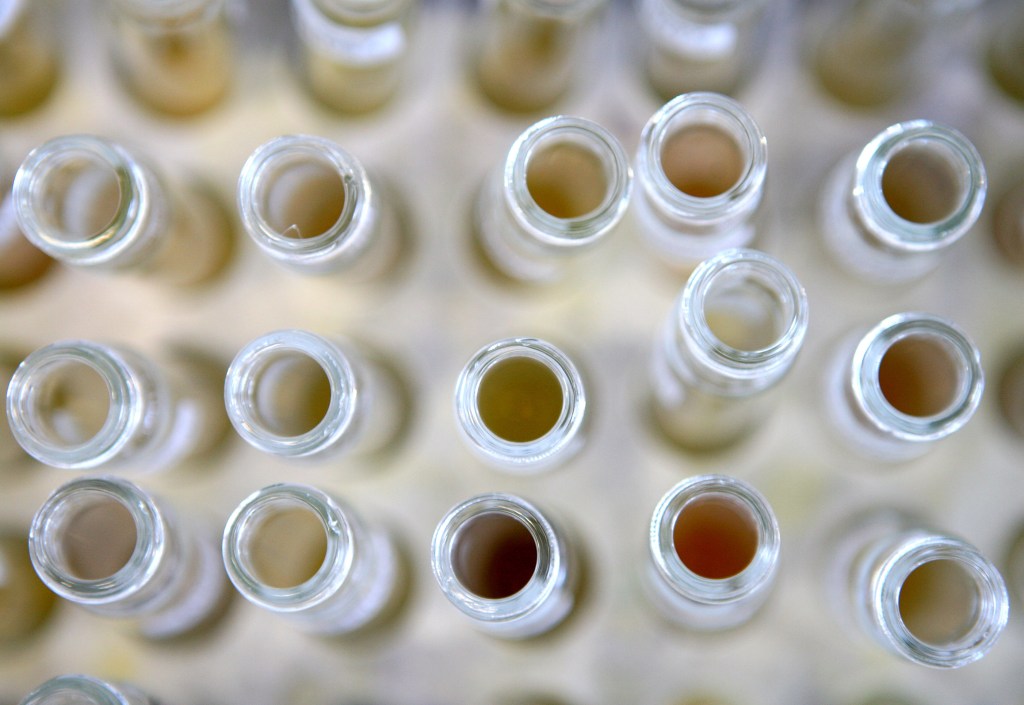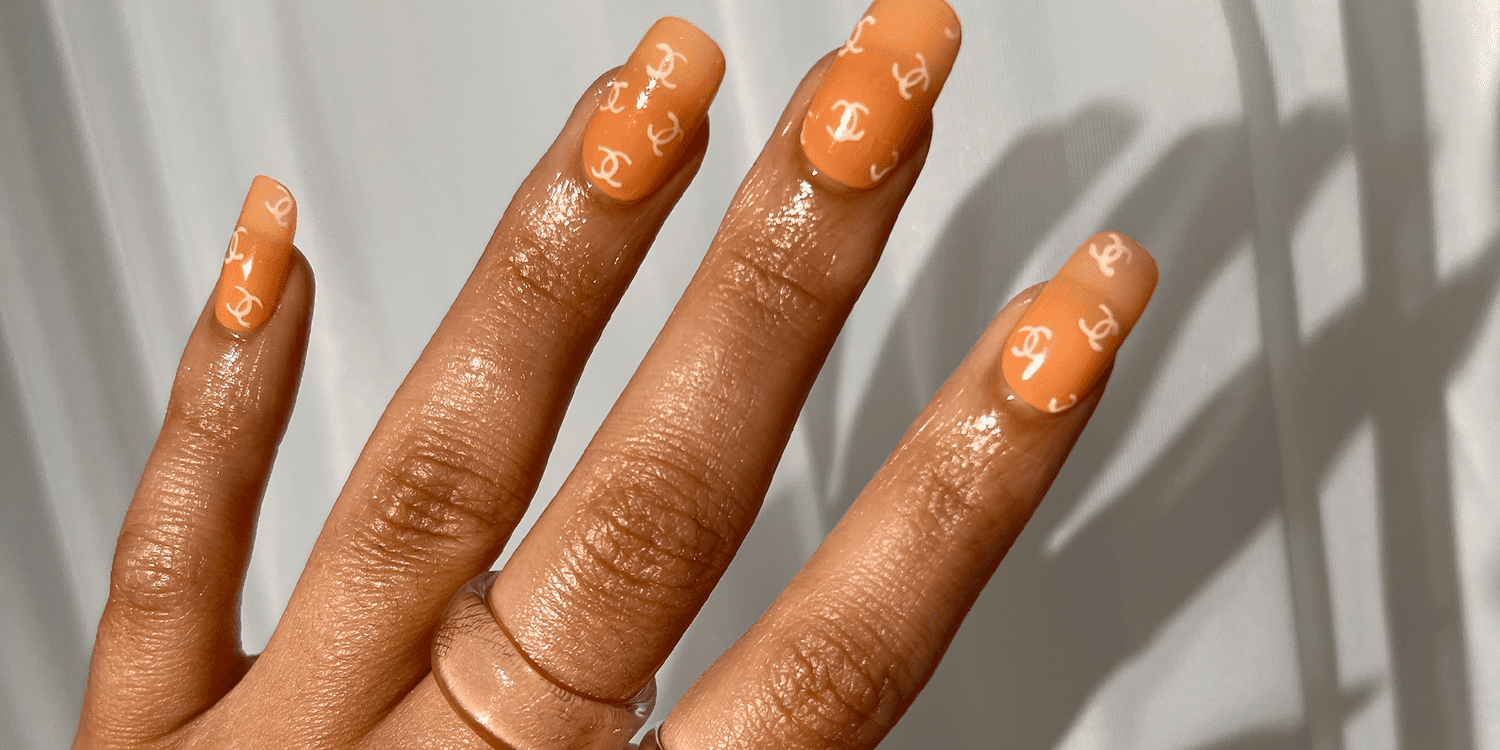New Zealand has taken a step to become one of the first countries to ban per- and polyfluoraolkyl substances, described as “forever chemicals,” in cosmetics products. PFAS do not decompose easily, so are being forbidden by the country’s Environmental Protection Authority, or EPA, from Dec. 31, 2026.
PFAS can be found in cosmetics products such as nail polish, shaving cream, foundation, lipstick and mascara. They are used in some formulas to help smoothe skin and make products more durable, spreadable and water-resistant.
“We know these chemicals don’t easily break down, they can build up in our bodies and some can be toxic at high levels,” said Shuan Presow, hazardous substances reassessments manager, at the EPA.
Related Articles
“International research suggests PFAS are only found in a small number of products, but we take a precautionary approach to potential risk from PFAS,” he continued. “Banning these chemicals in cosmetics is part of our ongoing response, which includes phasing out of all PFAS-firefighting foams and testing for background levels of PFAS in the New Zealand environment.”
The PFAS regulation is among updates made to New Zealand’s Cosmetic Products Group Standard.
“We’ve also strengthened the regulations, so non-hazardous cosmetic products that contain a hazardous ingredient are now regulated,” said Presow. “This makes it easier for us to enforce the rules around banned and restricted ingredients that may be found in these products.”
In 2023, EPA publicly consulted on the rule changes and was given 20 submissions, of which 14 came from the cosmetics industry.
“We will continue to engage with industry to manage the transition before PFAS are banned and the other changes take effect,” he said.



